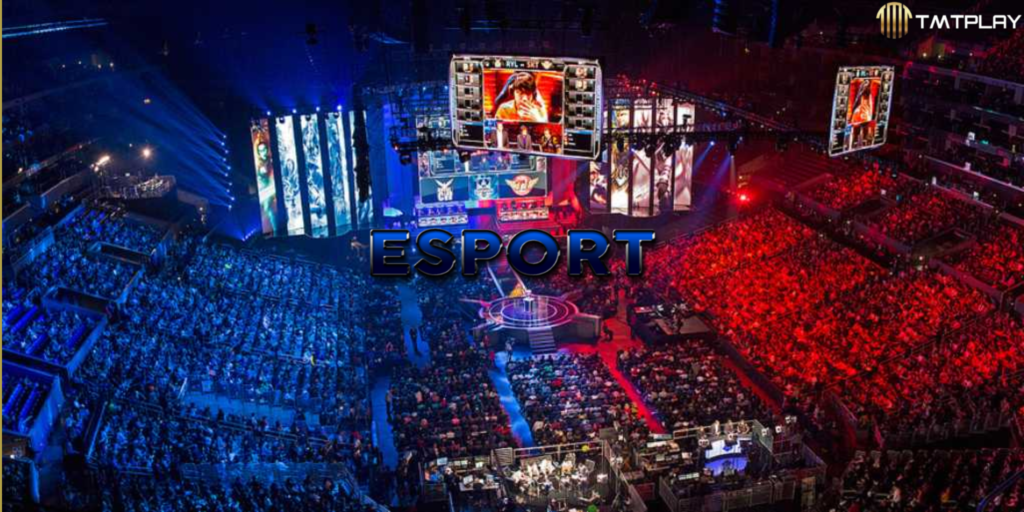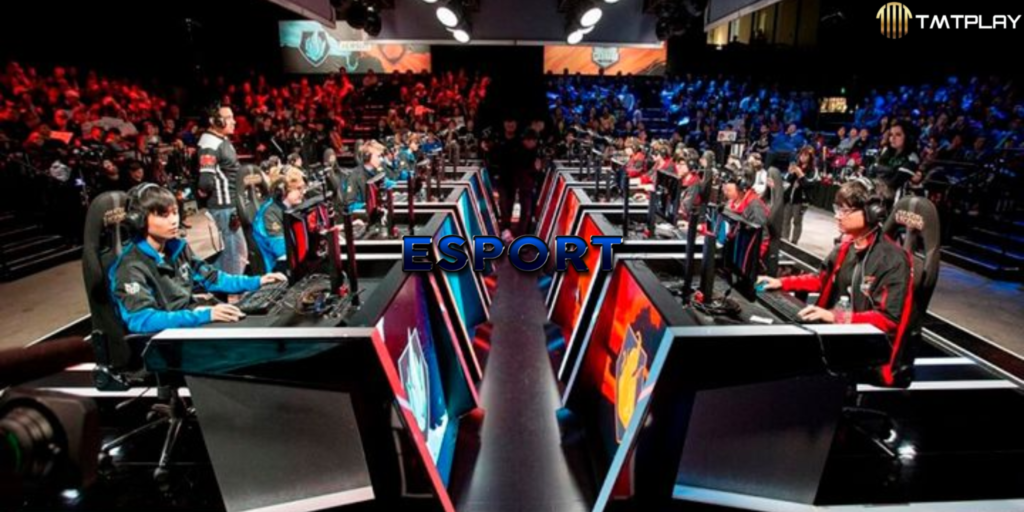
Hey there, esports enthusiasts! Have you ever wondered how to juggle your love for gaming with your mental well-being? Esports is undeniably thrilling, but the intensity can sometimes take a toll on your mental health. In this blog post, we’re diving into the world of esports culture, discussing the challenges it poses, and sharing tips for maintaining your mental well-being while pursuing your gaming passion.
Esports culture is all about that adrenaline rush, fierce competition, and unwavering dedication to victory. But let’s not kid ourselves—it’s not all fun and games. Here’s why:
Whether you’re a pro or an amateur, the pressure to excel in esports is real. Your performance, measured in milliseconds, can mean the difference between triumph and defeat. This constant pressure can lead to stress and anxiety.
Esports athletes relentlessly chase perfection. They spend hours perfecting their skills, which can lead to something known as burnout—a state of physical and mental exhaustion.
Esports may seem like a solo gig, but it often means long hours of solo gaming. The isolation and the expectation to prioritize gaming over everything else can make you feel isolated and lonely.
Let’s talk about the mental health challenges that many face in the esports world:
Anxiety is a common companion for gamers. The fear of failure, the weight of expectations, and the intense competition can spike anxiety levels.
Burnout is no stranger in esports. The never-ending grind can drain your physical and mental energy, leading to a state of burnout.

The isolation and high-pressure environment of esports can contribute to depression. You might find yourself feeling sad, hopeless, and disinterested in activities.
As you dive deeper into gaming, you may inadvertently distance yourself from friends and family, leading to social isolation.
Recognizing the signs of mental health issues is essential:
Being aware of these signs is the first step to seeking help and support.
Sadly, there’s a stigma surrounding mental health in esports. Many see seeking help as a sign of weakness. We need to change that narrative, folks. It’s high time we recognize that seeking help is a brave step towards better mental health.
Now, let’s talk strategies for maintaining mental well-being in the esports world:
Stress is a formidable opponent, but you can conquer it. Deep breathing, mindfulness, and meditation can help you relax and keep anxiety at bay.
Balancing gaming with life’s responsibilities is an art. Create a structured schedule that allows for gaming, rest, and social interactions to prevent burnout.
Exercise, a balanced diet, and good sleep are your allies in this journey. Take care of your body, and it’ll take care of your mind.
Set boundaries around gaming. Make sure it doesn’t swallow up your life. Maintaining a healthy balance is crucial.
You don’t have to go it alone. Friends, family, and fellow gamers can be your support system. Talk to them openly about your challenges and seek their help when needed.
To inspire and reassure, we’ve got success stories from gamers who conquered their mental health challenges. Seeking help and implementing strategies led to positive outcomes and personal growth.
Creating a healthy esports culture is a collective effort. Organizations, teams, and influencers in the industry can:
The esports world is evolving, and mental health awareness is growing with it. Initiatives are cropping up to destigmatize mental health concerns and provide better support systems. The future holds promise as the industry matures and prioritizes the well-being of its community members.
In a nutshell, esports culture is thrilling, but it comes with its own set of mental health challenges. Recognizing the signs, seeking help, and employing well-being strategies are keys to keeping the passion alive while ensuring your mental health remains in tip-top shape. Let’s foster a culture that values well-being and creates a winning environment both in and out of the virtual arena.
We understand that you may have questions about the intersection of electronic sports culture and mental health. Here are some frequently asked questions and answers to provide clarity: